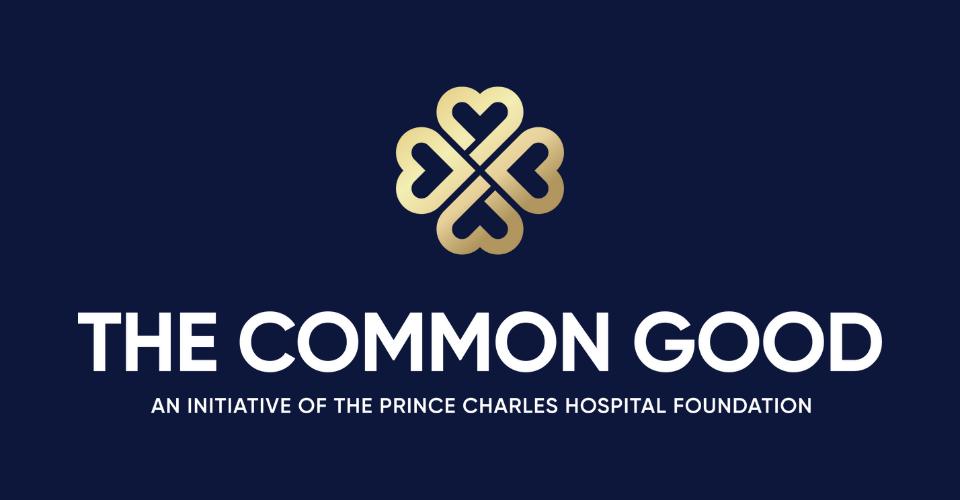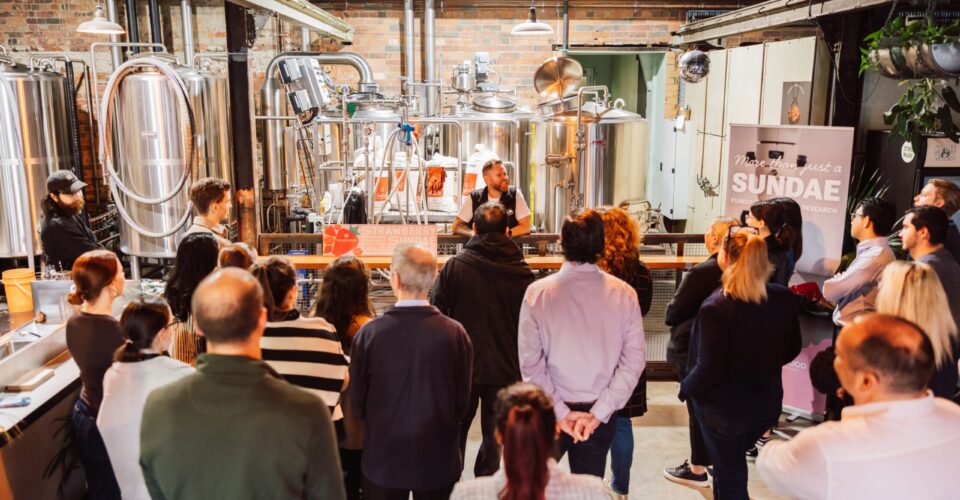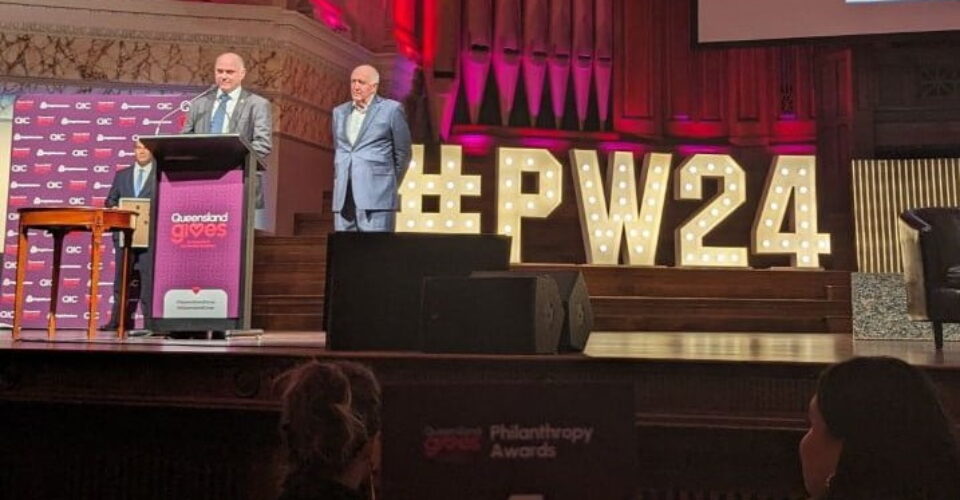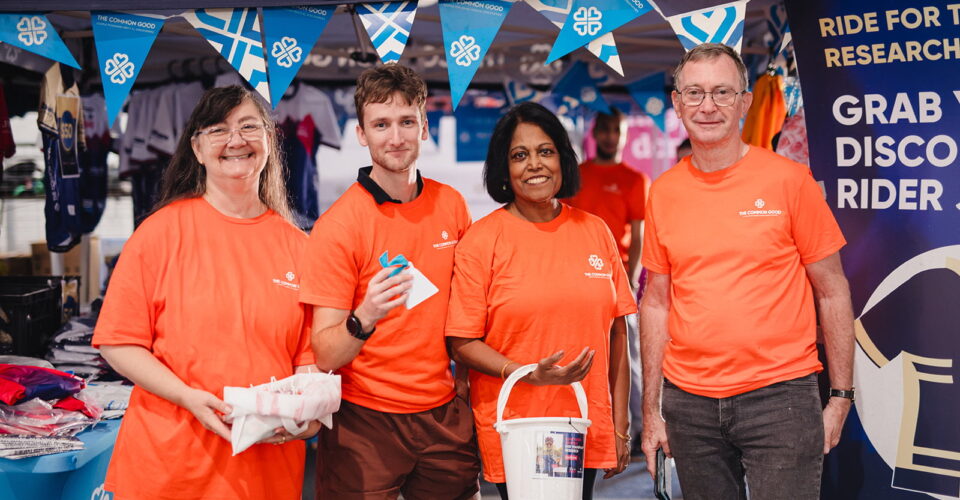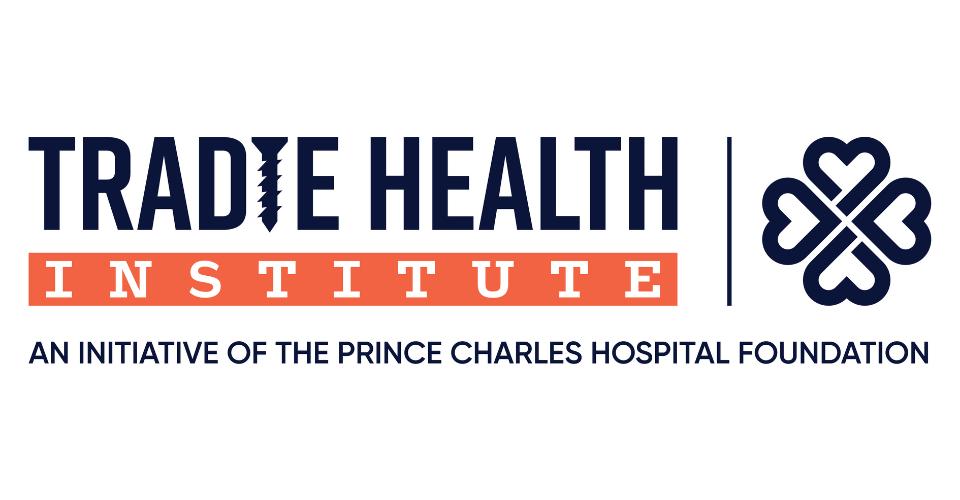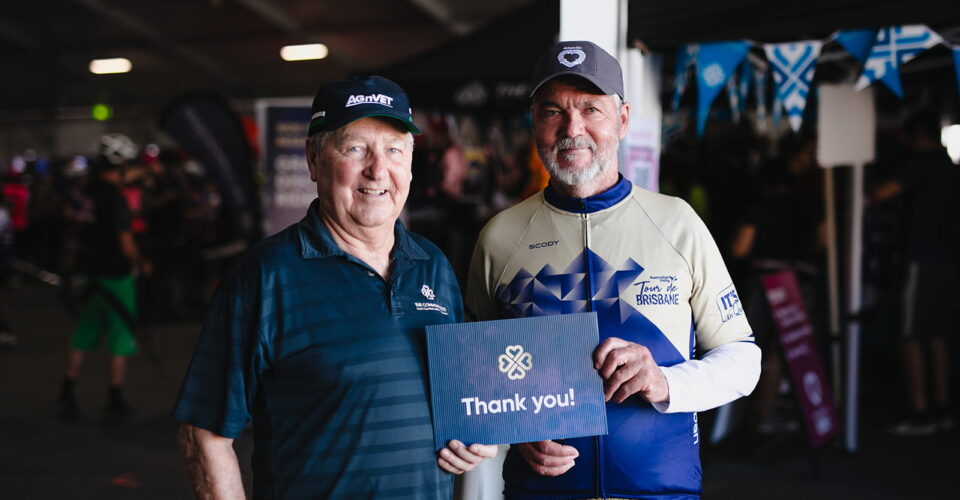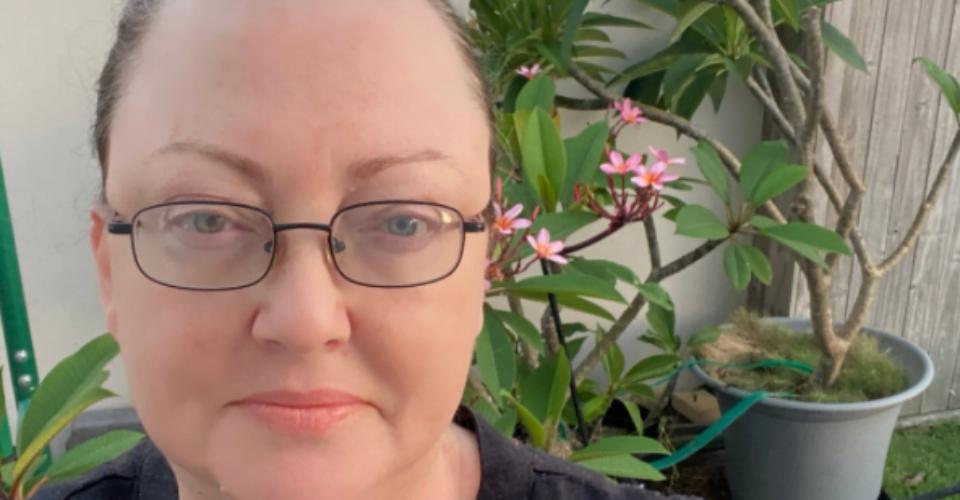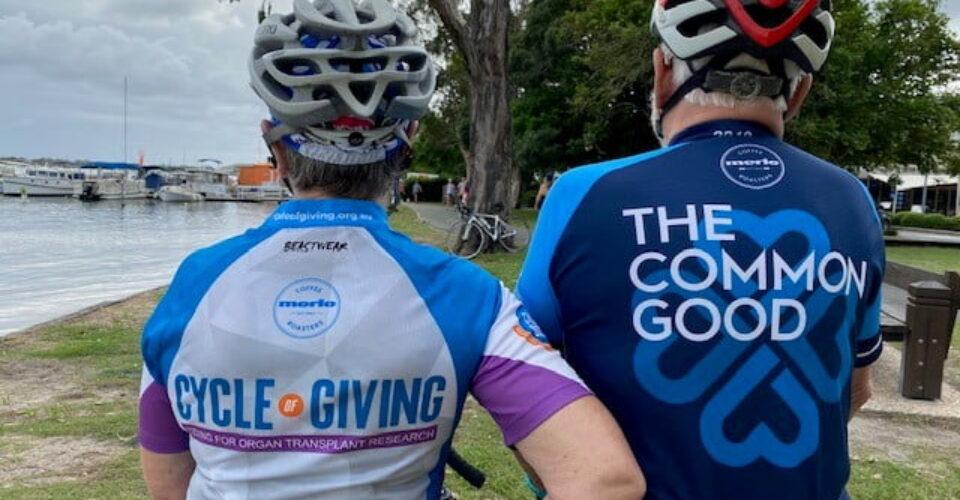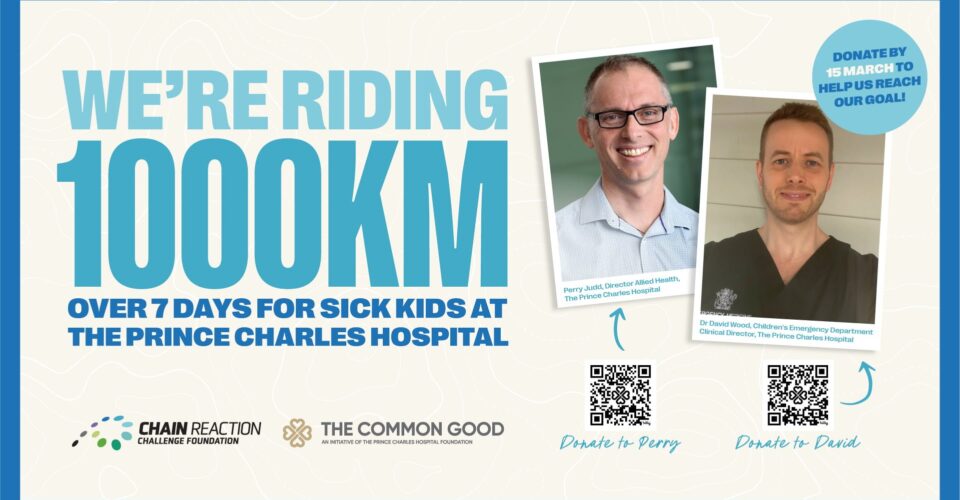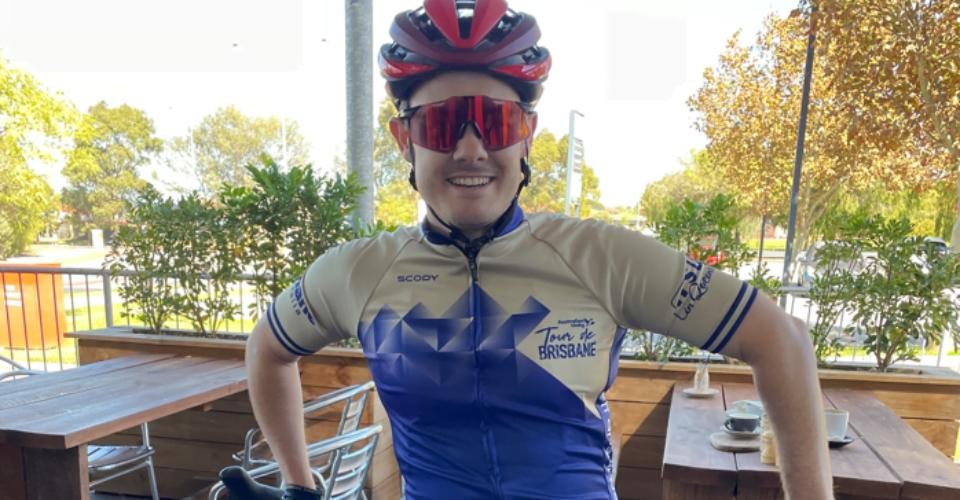Media Release
The success of a clinical trial using world-first heart transplant technology to keep hearts ‘alive’ for longer means that more Australians needing a lifesaving heart transplant can now receive a second chance at life.
The project led by The Prince Charles Hospital’s Critical Care Research Group (CCRG) and supported by medical research charity The Common Good, is responsible for pioneering the use of Hypothermic Ex Vivo Perfusion (HEVP) to transport donor hearts, using a solution rich in oxygen and nutrients that keeps a heart ‘alive’ and healthy outside of the body.
Following over 5 years of preclinical work by CCRG, a clinical trial dubbed ‘The Living Heart Project’, led by The Alfred Hospital in Melbourne, began in January 2021 and so far, has saved the lives of 36 people.
One person who is alive thanks to the trial is a young West Australian woman who received a heart that travelled from Australia’s east coast to the west coast, a record-breaking distance.
The ischemic time (time outside of the body) for this transplantation was significantly more than the current standard of four hours, and for the 24-year-old recipient, Alexandra Moroianu, the world-first project meant a second chance at life.
At 23, Alex was diagnosed with Lymphocytic Myocarditis triggered by a virus. In hospital for over 6 weeks, her heart began to fail, and her declining condition meant that if she didn’t receive an immediate heart transplant, she wouldn’t survive.
“My quality of life went from normal to terrible very quickly. I was always nauseous. I couldn’t handle fluids. My muscles would burn from even the slightest exertion. At my worst, I couldn’t walk more than 15 metres without being extremely short of breath. It was truly terrifying,” said Alex.
“If it weren’t for this advancement in research and technology and being part of The Living Heart Project, I would not be here today.”
Until now, a donor heart would be transported in an ice slush, a practice that has remained relatively unchanged for more than four decades. Prior to this breakthrough, donor hearts would decline in quality and viability after four hours on ice, meaning that a large portion of heart transplants weren’t possible due to the time and distance that the organ was required to travel.
The Living Heart Project has since achieved a transplant with the longest ischemic time ever clocking in at just under 8 hours 50 minutes.
“I was really shocked by how quickly I started to feel better. I noticed it immediately when I woke up from my operation. Within a week, I was feeling great. And within a month, I was able to go on hikes. I felt healthy again, I had energy again, it felt incredible,” she said.
“I’m just so excited to be able to live again. To really live my 20s, to spend time with my loved ones, to travel, and see where life takes me, whether that’s my career or a PhD in astrophysics.”
In 2021, sadly, only 26% of hearts offered up for donation made it to a recipient. It’s hoped the success of this trial can change those statistics and save more lives like Alex’s.
CCRG Founder Professor John Fraser, who led the Project alongside Professors David McGiffin and David Kaye, describes HEVP and its use for heart transplantation as a watershed moment for the field.
“The bottom line of the research is this: All donor hearts in Australia and New Zealand can now be transported to a transplant centre. Very different from the past where we would have had all sorts of concerns about sending a donor heart across the continent, and between Australia and New Zealand was incomprehensible,” said Prof Fraser.
As the first phase of the Living Heart Project ends, the Australian team has achieved a 100% success rate across 36 transplants across the trial. Many of these lives would have been lost if it weren’t for the HEVP device.
The Living Heart Project is now set to launch its second phase, which aims to tackle the next biggest limitation in heart transplantation – the number of donor hearts available. Using HEVP technology, the project hopes to save hearts that might otherwise have never qualified for donation due to their compromised condition.
“What we have achieved to date with our experimental work and clinical trial in Australia and New Zealand has the potential to change the practice of cardiac transplantation worldwide. In this next phase our goals are to increase clinician confidence in using this technology and improve the utilisation rate of donated hearts,” said Professor David McGiffin and Professor David Kaye,Co-Principal Trial Investigators.
Through fundraising efforts, The Common Good said they were proud to provide support for such an impactful project.
“What started off as a preclinical trial, has resulted in 36 lives saved and counting. This incredible milestone would not have been possible without the support of our generous community who wanted to provide more hope and possibility for Australians in need of a heart,” said Chloe Nguyen, General Manager of The Common Good.
